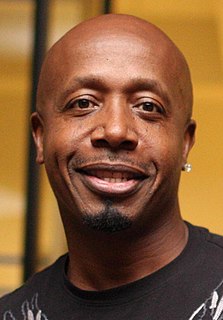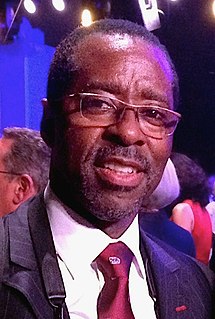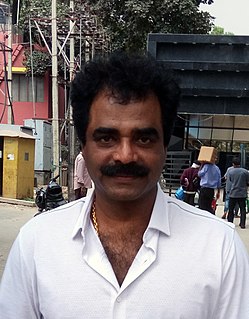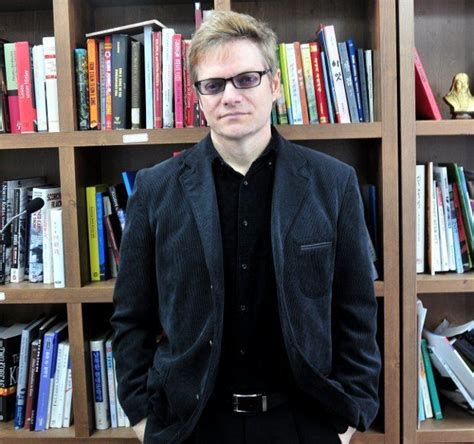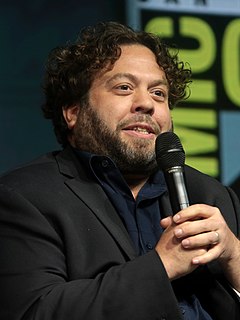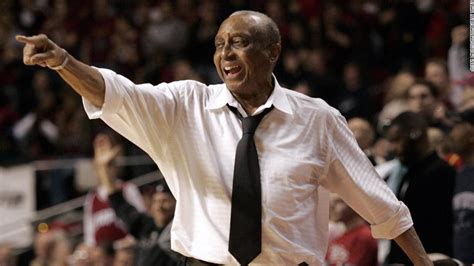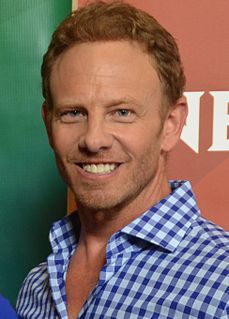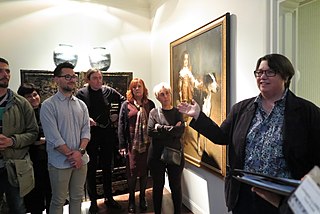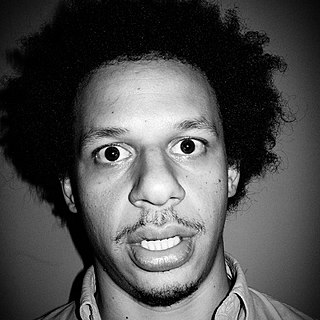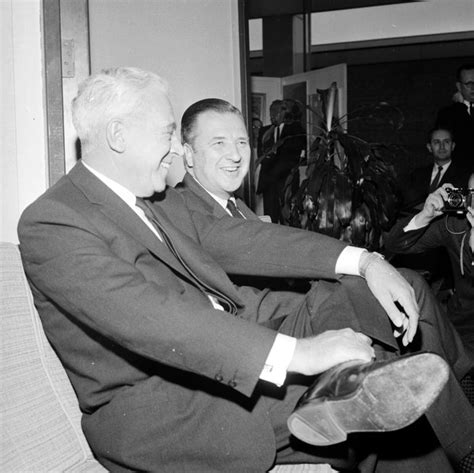Top 1200 Digital Cameras Quotes & Sayings - Page 2
Explore popular Digital Cameras quotes.
Last updated on November 12, 2024.
For a period of time, I carried cameras with me wherever I went, and then I realized that my interest in photography was turning toward the conceptual. So I wasn't carrying around cameras shooting stuff, I was developing concepts about what I wanted to shoot. And then I'd get the camera angle and do the job
Using film was so much easier than the digital technology of today. But digital is still at the beginning of what it can be and they'll be fixing all those problems. It's just too complicated - negatives, tinting, flashing - it's a whole new system that takes a lot of time. Of course, it's not as physical. Even the editing. You used to feed a piece of celluloid into an editor. [Digital] is not expensive and that is an advantage, but I must say that I don't love it.
My take on what happened with the moon landing was [......] they suspect [ sic ] that on impact that the cameras would be damaged because back in 1969 cameras weren't, you know, like they are today, as good. So they had a studio set up at CBS to mimic the moon landing. And sure enough the cameras broke and so they flipped, you know, the CBS studio on. And what you saw of the footage of the '69 moon landing was actually at CBS studio.
The digital age is for me in many ways about temporal wounding. It's really messed up our ontological clocks. In the digital economy, everything is archived, catalogued, readily available, and yet nothing really endures. The links are digital encryptions that can and won't be located. That will have to be reassembled over time. It won't be exactly what it was. There will be some slightly altered version. So the book is both an immaterial and material artifact.
The way social media is now, and people are with cameras - we all live different lives whether you're in the spotlight or not. I mean, you can't be a boss or an executive of a big time company and act a fool, because there are cameras everywhere and people are going to document it and take pictures. I'm not used to stuff like that.
Technology is supposed to make our lives easier, allowing us to do things more quickly and efficiently. But too often it seems to make things harder, leaving us with fifty-button remote controls, digital cameras with hundreds of mysterious features and book-length manuals, and cars with dashboard systems worthy of the space shuttle.
We all know of the dangers and inequities of the traditional digital divide: People who have good access tocomputer networks have a distinct advantage - in terms of both life opportunities and quality of life, I wouldargue - over the vast majority of the world's population that does not yet have good access to computernetworks. The "other" digital divide points to an increasingly unstable situation that has developed inlibrarianship as digital libraries have evolved and matured.
Life cannot be classified in terms of a simple neurological ladder, with human beings at the top; it is more accurate to talk of different forms of intelligence, each with its strengths and weaknesses. This point was well demonstrated in the minutes before last December's tsunami, when tourists grabbed their digital cameras and ran after the ebbing surf, and all the 'dumb' animals made for the hills.
For a period of time, I carried cameras with me wherever I went, and then I realized that my interest in photography was turning toward the conceptual. So I wasn't carrying around cameras shooting stuff, I was developing concepts about what I wanted to shoot. And then I'd get the camera angle and do the job.
'Mars Needs Moms' was motion capture, where you walk into a space that's essentially a black box with cameras everywhere. It was so technical. You have these mandibles with cameras on your face and a helmet, and you have to hit certain marks. You couldn't shoot this stuff without the green-screen aspect.
We live in the digital age and, unfortunately, it’s degrading our music, not improving it It’s not that digital is bad or inferior, it’s that the way it’s being used isn’t doing justice to the art. The MP3 only has 5 percent of the data present in the original recording. … The convenience of the digital age has forced people to choose between quality and convenience, but they shouldn’t have to make that choice.
When I was asked to be a part of 'The Face,' I was like, 'This is exactly what I do without cameras.' I didn't find it any different than what I usually do for young girls - giving runway tips or just explaining how the whole industry works - but now you have, like, 19 cameras on you, documenting you while you scratch your nose.
You cannot do everything you want with the 3D camera, it's too big, and the digital quality of those cameras is a little bit limiting. With film, you have a lot more subtly, like with highlights and color. In terms of sharpness they (both formats) are very close; but in terms of nuance, of color and contrast, film is far superior.
Digital media are biased toward replication and storage. Our digital photos practically upload and post themselves on Facebook, and our most deleted e-mails tend to resurface when we least expect it. Yes, everything you do in the digital realm may as well be broadcast on prime-time television and chiseled on the side of the Parthenon.
It makes sense to have cameras in places where terrorism and crime are of particular concern - such as in Times Square or near major bridges and tunnels. It would be more troubling to learn, however, that the government has focused cameras on the front doors of our homes just to keep track of our comings and goings.
The advertising marketplace is moving rapidly into digital videos. We know that by 2018 it is estimated that it will be a $12.2 billion business. We've been seeing the agencies combine their digital video spend with television spend and put it under one spend and just calling it "video." The pool of money is becoming much bigger. The comparisons between television and digital video are being made much more often because you can account for who's watching, you can't fast-forward through the commercials. There's a much more intimate relationship with someone watching digital video.
We decided to significantly change the nature of the services we are providing to our clients by creating, really, a digital-first company, and digital first in two main directions: first, being the leader in providing digital services to our clients and second, making Accenture the most digitalized organization.
Of course, the whole photographic process has been made much faster, cleaner and far more accessible to people by digital innovations, which is really great. Everybody now has a camera, often as part of our phone, and most of these cameras require little to no technical training. An enormous variety of apps also enable us to take short cuts to finished images. We hardly need to even think anymore.


